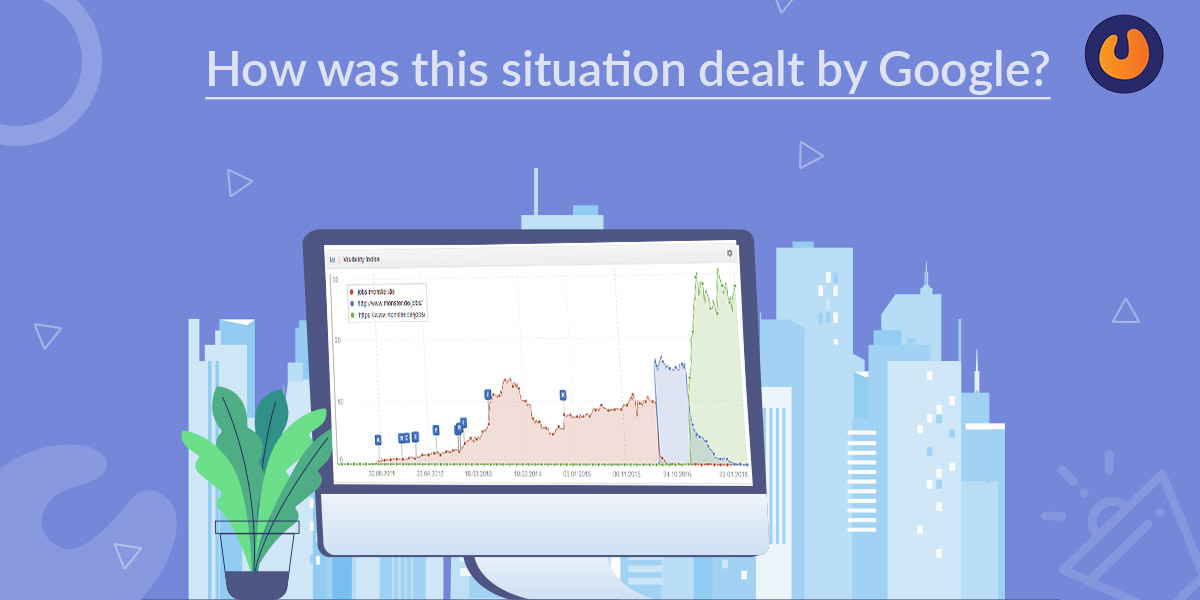

Google is involved in litigation that exposes the long-guarded technology secrets and methods with the potential to occur within the company.
As part of the lawsuit, UK courts have given Google an ultimatum to both withhold information for its appeal and publish the small print of its search algorithm.
Not only does Google have to turn over the fine print of the code to a professional SEO agency, but it will also have to turn them over.
Google doesn’t have to abandon the code codes and methods for unclear reasons. Additionally, however, Google does not need to withdraw proof that is important in serving the lawsuit to win the corporate win.
Those are the only two choices Google now has to fight the case properly. The only option would be to settle the case, which potentially might include hundreds of thousands of lawsuits.
Not to find out {that a} settlement produces Google’s notion of committing to doing a faulty act. The best case for Google right now could be if the business opts to withdraw proof and one way or the other wins the case nonetheless.
How was this situation dealt by Google?
We’ve glossed over a whole host of information up to this point – we’re going to dig into them now. This full state of affairs derives from a lawsuit from a group known as the Foundem Alliance back to 2012, in response to Google.
That’s the year the case was brought, but the complaint goes back to 2006 with specific times. Foundem says it has been Google’s sufferer from anti-competitive practices.

Contrary to the arguments of Foundem, Google actively placed Foundem’s goods first in search results beginning in 2006. Foundem is in search of damages due to the lack of enterprise due to this being ranked in the search for Google.
Also Read – Benefits of Accelerated Mobile Pages Unveiled
Foundem was a vertical-search engine to find the on-line bottom costs. Originally it was just out there for a small number of consumers rather than it was opened to all.

Foundem sill featured in search results before being out there for everyone. In search results, Foundem appeared fairly prominently, in reality typically showing shopping-related searches on the primary web page.
Foundem was buried in Google’s search results just two days after it launched to everyone. Foundem fell to thousands from the main search results web page and, usually, decreased the number of pages.
What makes professional SEO services suspicious are the search rankings of Foundem that fell solely in Google. Nevertheless, it rated appropriately in different engines such as Google. That’s what leads Foundem to the notion that this was a deliberate effort to oppose Google Shopping to stifle competitors.
In 2012, Foundem filed a lawsuit against Google that continues to be contested to this day. It offered confidential paperwork to the UK High Court in an effort by Google to show it did not interact in anti-competitive practices.
Google engineers Cody Kwok and Michael Pohl have filed the paperwork as courtroom revelations. The decision chairing the case says the intention of paperwork “to explain the operation and goals of Google’s ranking algorithms, and how they were applied to shopping comparison sites in general and Foundem in particular.”
Foundem believes that the specifics of the search algorithm for Google may be too complex for legal experts to understand, and it aims to implement a competent SEO service. In particular, Foundem aims to invite Philipp Kloeckner to view Google’s small print algorithm.

Google argues that providing an SEO with its data algorithm would compromise the integrity of its rating course of:
Unhappy with this response, Foundem proposes that Google should simply withdraw the paperwork in question so that no one will ever have to see them.
Google claims then that documentation is important to prove its defense.
With different phrases-there is no situation without this documentation.
The final statement:
That takes us to the position we are in at the moment. The decision came in and confirmed that Google should both delete the documents and require Philipp Kloeckner to access them to move the case alongside it.
Now right here is the place where it’s going to get attention-grabbing.
Unless Google is an entity and will not withhold the paperwork or sell it to Kloeckner, Kloeckner must permit to access the paperwork itself.
The decision is to allow “fair time” to Google to decide it can’t be an easy decision to make.
We’re going to have to wait and see how this works out for Google. By looking for historical history we may well be on the verge of a monumental moment.
Conclusion:
There is also the possibility to settle the lawsuit but it’s also a win for the SEO. Talking of the case, it is from a corporation called Foundem brought in 2012 and accused Google’s anti-competitive practices. They say Google deliberately ranked its products in search results ahead of Foundem starting in 2006.
